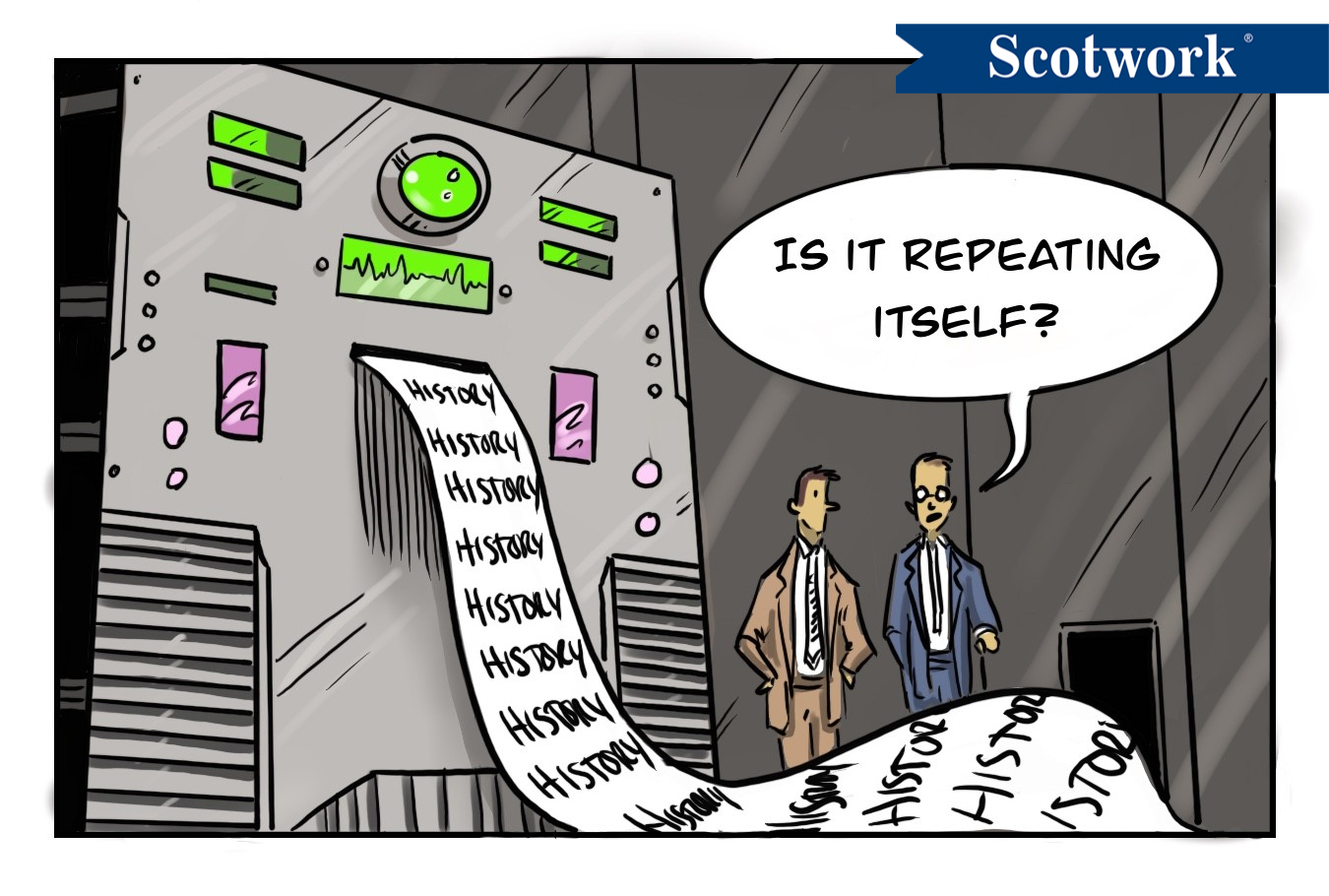The United States has wrestled with significant challenges: divisiveness and The Great Divide, states restricting women’s rights and voting laws, big businesses gaining more and more power. I should mention that I’m talking about the United States at the turn of the 20th century — 1901, to be precise, when Theodore Roosevelt was about to become president.
Given the many historic milestones that have shaped the presidency during the past decade or so, I found myself pondering, Was there a time of similar upheaval, and what lessons could we learn from it? It turns out, history does have an odd way of repeating itself: A little more than 100 years ago, we faced problems of a magnitude similar to today’s.
Theodore Roosevelt took office in September 1901, upon the assassination of William McKinley, becoming the 26th president of the United States. He was known to be exuberant, engaging, an unstoppable ball of energy. At the age of 42, he was the youngest person to be sworn in as president.
While in the White House, he . . .
- Broke up monopolies to force better competition. Most notably, he broke up Standard Oil, the railroads, and, eventually, the regulation of the steel industry.
- Took charge of building the Panama Canal (which, today, sees 40% of all US container traffic).
- Mediated the end of the Russo-Japanese War and won the 1906 Nobel Peace Prize for his efforts.
- Established a number of public safety agencies, including the Food and Drug Administration.
- Set aside more national parks and nature preserves than all of his predecessors combined.
He met obstacles head-on and was known as a deft negotiator. His negotiation philosophy could be summed up by what he called a “Square Deal.” He essentially wanted to be fair to everyone, regardless of their socioeconomic status, race, or social class. As he put it, “I want to have it understood that the law is obeyed by everyone.”
He was also notably quoted as saying, “Speak softly and carry a big stick; you will go far.” (Which he attributed to a West African proverb.)
As I dove deeper into Theodore Roosevelt, he had me thinking about a lot of things, including:
- What will it take to fix today’s issues, whatever you perceive them to be?
- How will our biggest world conflicts be resolved?
- How can we close The Great Divide and fix the polarization that exists today?
But I also contemplated this: What is my negotiation philosophy? As a professional negotiator, I certainly have one, but my exploration of Roosevelt helped me refine it further.
I would love to get a glimpse into your negotiation philosophy. If you share yours with me, I’ll send mine to you — deal?
Click here to share your negotiation philosophy. I look forward to hearing from you.

